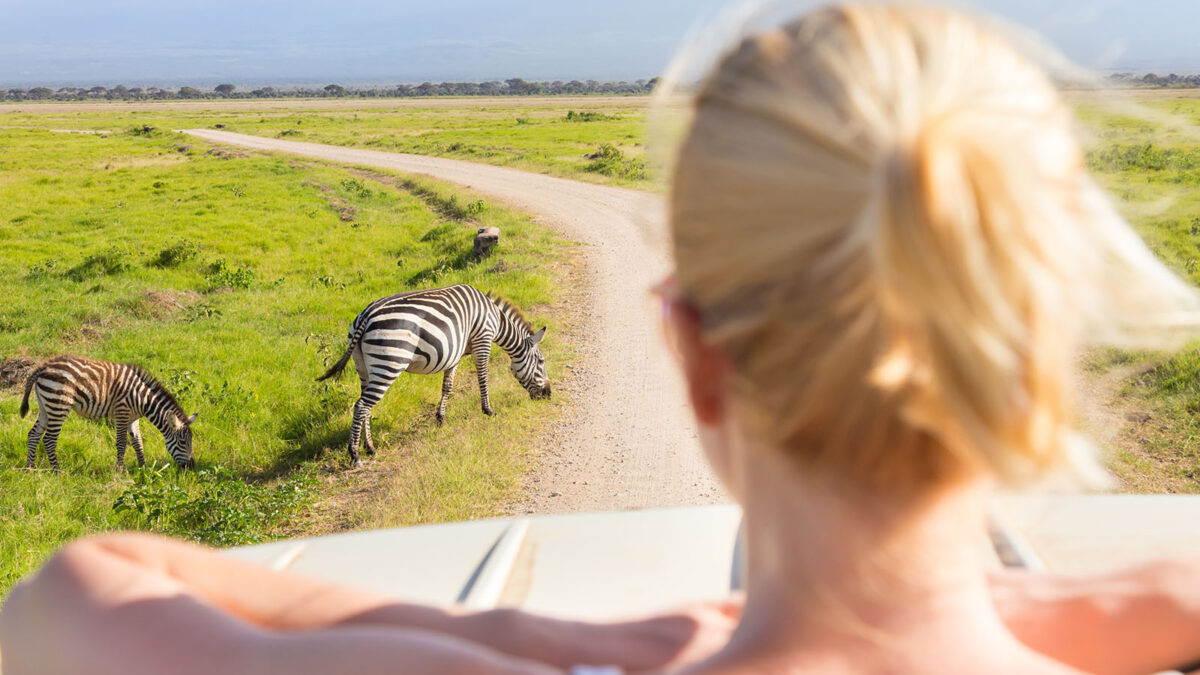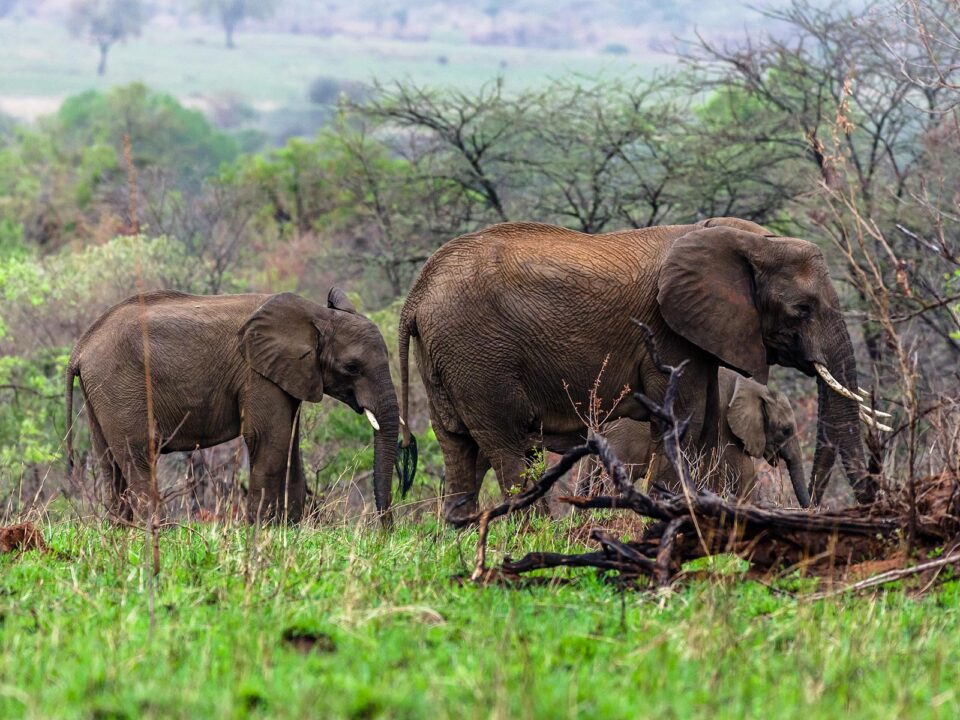Uganda Travel Tips and Advice

Mabira Central Forest Reserve
September 4, 2023
Top Things to do in Mabira Forest
September 5, 2023Essential Travel Tips and Safety Advice for Your Uganda Adventure
Embarking on an unforgettable journey to Uganda? Here are some invaluable travel tips and advice to ensure a safe and enriching experience as you explore the Pearl of Africa.
Is Uganda Safe for Travelers?
In our expert opinion, Uganda is a welcoming and generally safe destination for travelers. The Ugandan people are known for their warmth and hospitality, making visitors feel right at home. While some remote areas have been advised against by certain governments, rest assured that reputable tour operators will guide you to regions considered safe. With numerous tourists visiting Uganda each year, the vast majority enjoy trouble-free stays. To help you make the most of your trip, we’ve compiled essential tips on staying safe in Uganda.
Vaccinations for Your Protection
Before embarking on your Ugandan adventure, it’s crucial to consult your personal doctor for medical advice. Ensure you receive all the necessary vaccinations to safeguard your health while visiting this beautiful country. Highly recommended vaccinations include Polio, Diphtheria, Hepatitis A & B, and Tetanus. Additionally, it’s wise to consider protection against Rabies and Meningitis.
Since an outbreak of yellow fever in April 2016, the Ugandan Ministry of Health now mandates proof of yellow fever vaccination for all travelers before entering the country.
Anti-Malarial Precautions
Malaria poses a significant risk in Uganda, so it’s vital to consult your healthcare provider before your trip to determine if malarial medication is required for the specific areas you plan to visit. To minimize the risk of mosquito bites, wear long-sleeved clothing, opt for light fabrics, and carry mosquito repellent containing at least 50% DEET.
Visa & Passport Requirements
To enter Uganda, all visitors must obtain a visa. Furthermore, each traveler’s passport must be valid for at least six months from the date of departure. Visas for Uganda are obtainable at major border crossings and Entebbe International Airport. Single and double-entry visas, typically valid for up to three months, cost approximately US $50. Extensions are available at the immigration office in Kampala.
Tap Water in Uganda
While Uganda National Water treats all tap water in the country, it is not advisable to drink it due to the risk of contamination. Avoid consuming untreated tap water at all costs. Bottled mineral water is readily available and affordable. Trek Africa Expeditions ensures an ample supply of drinking water in our safari vehicles at all times.
Exploring Ugandan Cuisine
Ugandan cuisine typically features meat-based stews or sauce dishes accompanied by “posho,” a thick maize flour dough, or mashed green bananas known as “matoke.” Beans and ground nuts are often added to stews for texture. You’ll also encounter cassava, yams, sweet potatoes, and rice as regular staples. Fish, particularly tiger fish and tilapia, is widely enjoyed, thanks to Uganda’s proximity to many rivers.
For the adventurous palate, consider trying deep-fried grasshoppers. Alternatively, savor Indian-influenced dishes served with chapattis. Top off your meal with mandazi, deep-fried dough coated in cinnamon or sugar. Local brews, fermented with millet or banana, provide the perfect accompaniment.
Tipping Etiquette
Uganda lacks a minimum wage, so many service industry workers earn modest incomes. Safari driver guides typically expect tips of USD $10-15 per person per day, while a few dollars contributed to a communal tip jar for cooks and porters are appreciated. In restaurants, adding 10% to the bill is customary. When it comes to taxis, rounding up the fare is a friendly gesture. Tipping isn’t obligatory but serves as a token of appreciation.
Souvenir Shopping in Uganda
Throughout Uganda, you’ll find traditional African handicrafts at reasonable prices, making souvenir shopping an enjoyable endeavor. Purchasing carved wooden masks and sculptures crafted by local artists not only supports the community but also ensures you return home with unique and authentic treasures. You can also discover bowls, batik paintings, woven baskets, and vibrant fabrics featuring stunning African patterns. These fabrics can be kept as is or transformed into custom-made clothing by local tailors, providing valuable income for the community.
Bargaining Tips
While fixed prices are standard in proper shops within Uganda’s major cities like Kampala, stalls, markets, and family-owned stores often lack price labels. In these settings, bargaining is the norm. Remember that successful haggling ends with both buyer and seller content. Maintain a friendly demeanor, avoid hostility, and ensure a mutually satisfactory transaction.
Safety for Solo Female Travelers
Foreign women, especially those of European descent, may attract attention in Uganda. Expect locals to approach you, express curiosity, and possibly invite you to their homes. While this attention is typically driven by genuine interest and poses no harm, some men may persist in unwanted advances. Politely but firmly declining or mentioning a boyfriend or husband can deter unwanted attention. A photo of a male companion and a faux wedding ring can lend credibility to your story. For added safety, avoid being alone at night, as isolated incidents of muggings have been reported.
Duty-Free Allowance
Travelers aged 18 and older are permitted to bring specific items into Uganda duty-free:
- 250g of tobacco products
- 1L of spirits or 2L of wine
- 500ml of perfume and eau de toilette, with up to 250ml as perfume
- Goods valued up to US $500 (for returning residents)
Importation of narcotics, pornography, counterfeit items, cultural artifacts, and explosives is prohibited. Some medications may also be subject to restrictions, so check regulations before traveling. Permits are required for importing hunting weapons, live animals, fruit, flowers, cuttings, seeds, and drones, which may necessitate a waiting period of approximately four months due to government office requirements.
Currency in Uganda
Uganda’s official currency is the Ugandan Shilling (UGX). Major currencies such as Euros, British Pounds, US Dollars, South African Rand, and others can be exchanged locally or before your departure. Currency exchange services are readily available at bureaus de change and banks in major towns, where ATMs are also accessible. For convenience, request banknotes in smaller denominations, as large notes can sometimes pose challenges for obtaining change. Traveler’s Cheques are discouraged due to difficulties in exchange and high fees. When using currency, opt for the newest notes, as older ones and those with inscriptions are not accepted by Ugandan banks.
Cost of Living in Uganda
When budgeting for your Ugandan adventure, keep in mind that gorilla tracking permits can cost USD USD800 per person per trek. For accommodations, expect mid-range hotel rooms to be around USD $150 per person sharing per night, while dormitories may cost approximately USD $35 per person per trek. Street food is affordable, often priced under one dollar, and sit-down meals can be found for between USD $10-15, offering an array of African and Indian dishes.
For a night out, a pint of beer typically costs no more than USD $2 at a bar and even less at a supermarket.
Ugandan Plugs and Voltage
Uganda operates on a standard voltage of 230-240 volts, requiring the three square-pin variety of sockets, similar to those found in the United Kingdom. We recommend packing a universal travel adapter. If you plan to use U.S. appliances, remember to bring a voltage converter and plug adapter.
Stay Connected with WiFi
While WiFi is prevalent in most hotels, restaurants, and cafes in Kampala, rural areas may have limited connectivity. Keep in mind that frequent power outages can disrupt internet access and even damage electronic devices. If you have specific queries about connectivity, feel free to reach out to Trek Africa Expeditions for more information on Uganda travel tips and advice.
Your journey to Uganda promises to be a remarkable adventure filled with natural wonders, cultural discoveries, and memorable experiences. With these travel tips and safety advice in mind, you’ll be well-prepared to make the most of your visit to the Pearl of Africa.


